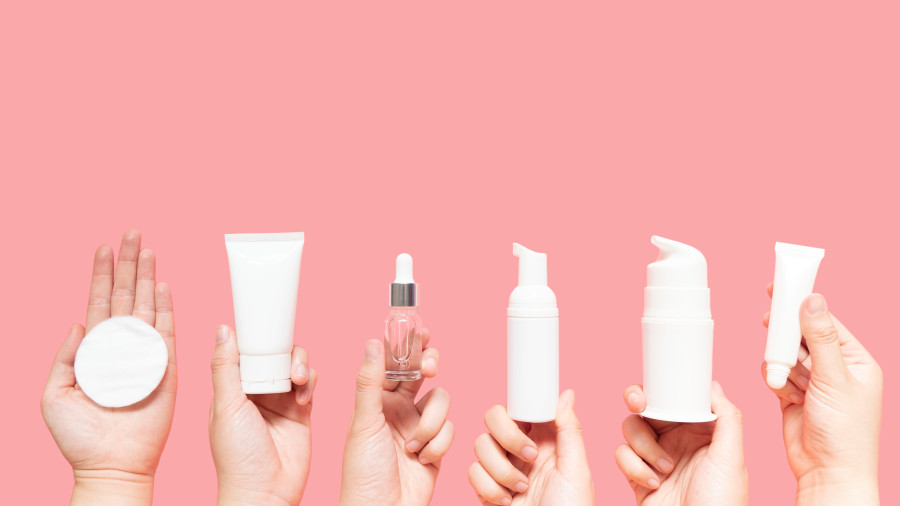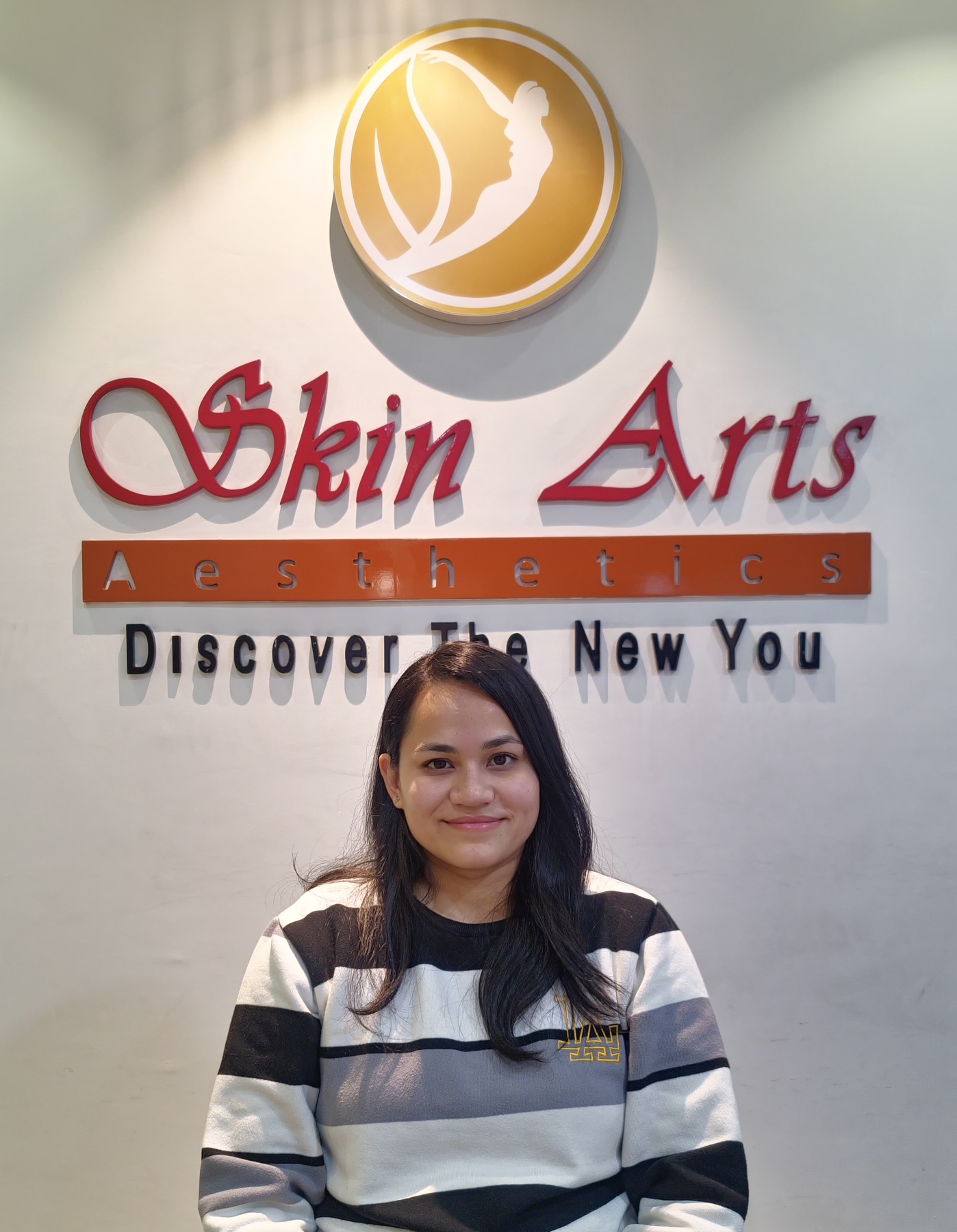Life & Style
Balancing skincare and cosmetics
Dermatologist Shraddha Shrestha talks about the optimal use of makeup and skin care products to achieve healthy skin.
Manushree Mahat
Celebrities often share their skincare and makeup routines on YouTube. Vogue, for instance, features a ‘celebrities guide to quick and easy makeup and skincare routine’ on their YouTube channel, attracting millions of views.
Navigating through the myriad of beauty products talked about online can be confusing. The challenge, for most of us, is not only finding the best products but also striking the right balance between makeup and skincare.
Dr Shraddha Shrestha, a dermatologist and aesthetic physician at Skin Arts Aesthetics, sheds light on maintaining this balance in an interview with the Post. She explains how we can effectively use beauty and skincare products without compromising our skin’s health.

As a dermatologist, how do you approach the use of cosmetic and skincare products?
Skincare products play a big role in nourishing the skin and helping individuals work towards long-term goals for healthier skin. Cosmetic products, on the other hand, offer temporary solutions, covering blemishes or accentuating certain features without contributing to actual treatment.
Our focus as dermatologists is on skincare. We guide patients on using cleansers to deeply cleanse their skin for an acne-free complexion. Sun protection, hydration and proper cleansing are all integral parts of skincare. We don’t necessarily want to camouflage skin issues; our approach is to treat them through skincare practices.
Are there any combinations of skincare and beauty products that may not work well together?
The compatibility largely depends on an individual’s skin type. Fundamental skincare steps like moisturising, cleansing, using face wash and applying sunscreen are essential before applying makeup. Moisturisers prepare the skin for makeup, while sunscreen is vital for preventing pigmentation and shielding against UV rays.
Other than that, some people may be allergic to certain products, or some products suit certain skin types better than others.
Are there products—skincare or cosmetic—that may be unnecessary but widely used?
Some popular products, like snail mucin hydration, may not be necessary for everyone’s skincare routine. As for cosmetic products, I will say BB cream may not work for everyone as it can clog your pores. Again, we can’t be too general about it as this depends on your skin type.
Are there products that are bad for the skin?
I wouldn't label products as inherently bad, but some individuals may have allergic reactions to certain ingredients present in skincare and beauty products. If you experience any discomfort while using a product, it’s crucial to stop using it immediately to prevent any potentially serious issue.
What happens if someone uses skincare and cosmetic products not suitable for their skin type?
If someone with dry skin uses products designed for oily skin, their skin may become even drier. Similarly, using oil-based products on oily skin can worsen acne issues.
Understanding your skin type is important to achieve a balance between using skincare and cosmetic products. Ensuring you follow your skincare routine before applying makeup and removing it before bedtime is key.
What happens if one sleeps without removing makeup?
Leaving makeup on overnight can lead to clogged pores, resulting in skin sensitivity. Our skin undergoes repair during the night, and when pores are not cleared, it may lead to acne, irritation and even wrinkles, hindering the skin’s ability to breathe.
Are more of the patients concerned with makeup or skincare these days?
In my experience, many patients are opting for long-term treatment, repair and protection processes of skincare, instead of relying on makeup these days. There’s greater awareness about the benefits of skincare in maintaining healthy and happy skin.
What is the skincare and makeup routine you would recommend?
When it comes to skincare, you never miss out on face wash, cleanser, moisturiser and sunscreen. Depending on individual skin conditions, additional products like vitamin C and Retinol can be used, according to the
As for makeup, I believe lipsticks and eyeliner are suitable for everyday wear, but thick layers of foundation and heavy makeup on a daily basis are not advisable. The wearer’s occupation should also be considered when determining the most appropriate routine.




 9.89°C Kathmandu
9.89°C Kathmandu










